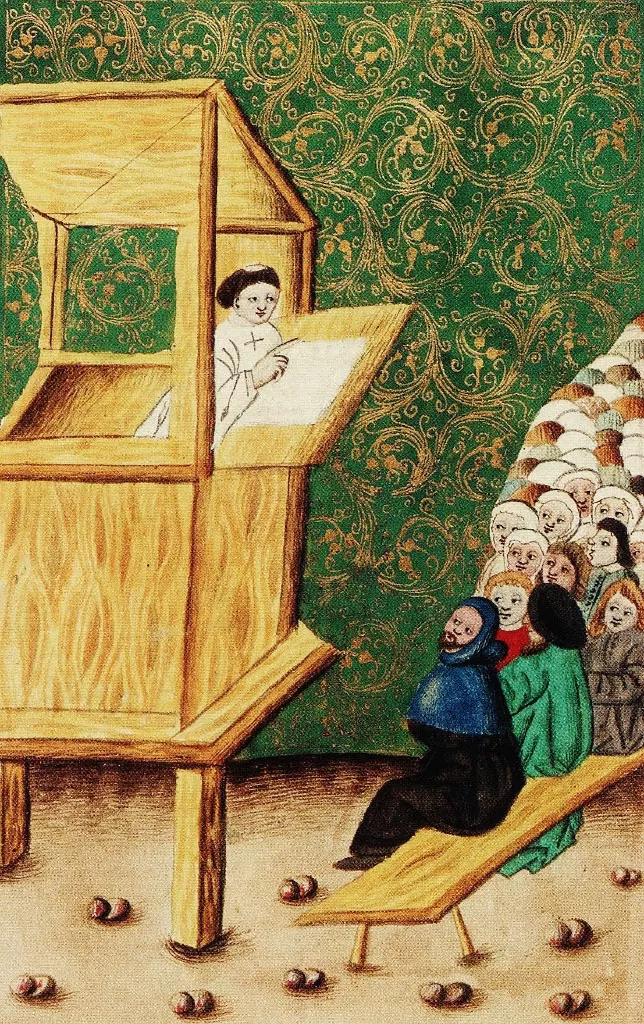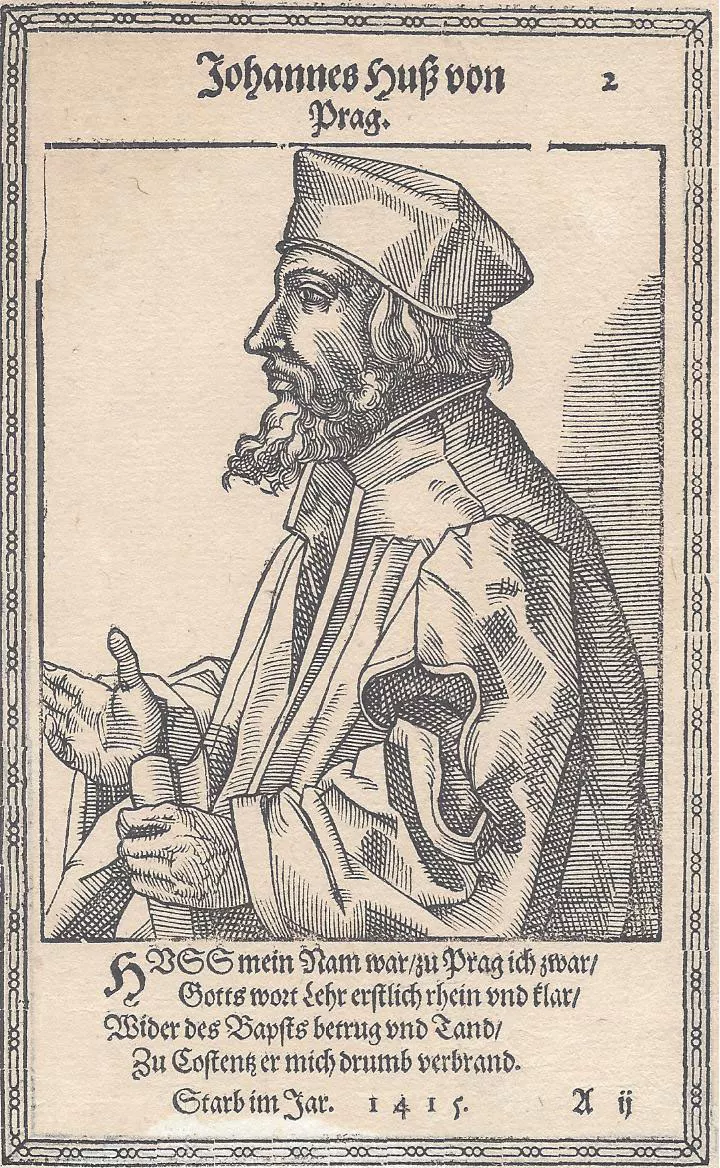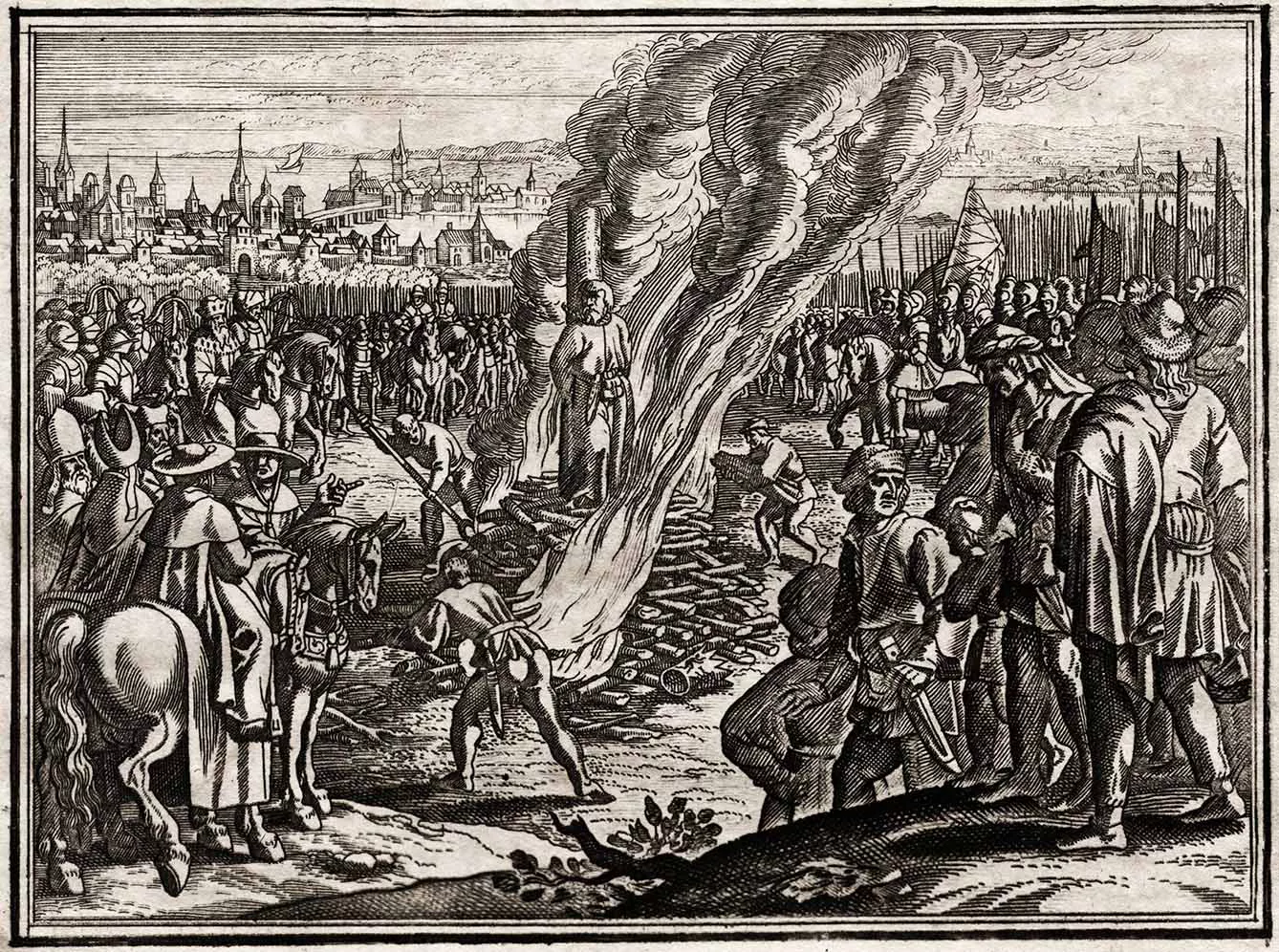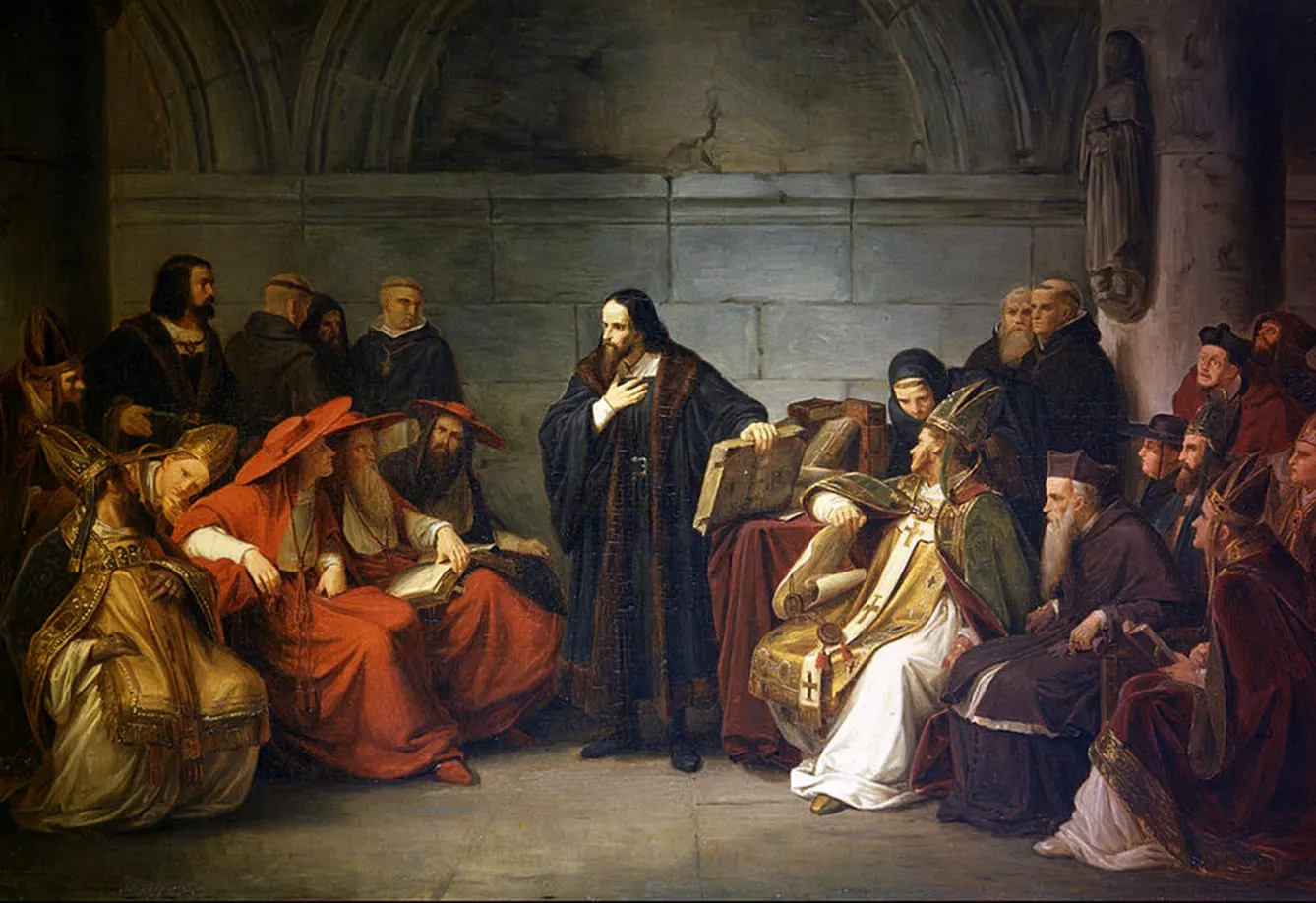Even though not many people know why July 6 is a national holiday in Czechia. The day commemorates one man that was so ahead of his time that his actions cost him his life. He challenged the most powerful institution of his time, the Catholic Church. His actions not only started a split in the Church but also incited a religious war. In the long run, his groundwork served others in further reforming the Church. This man was Master Jan Hus.
Jan Hus: scholar and reformer
Jan Hus began his professional life as a professor at Prague’s Charles University. He later became the Dean of the Faculty of Philosophy and later Rector of the whole University. After working at the university and earning two degrees, Hus began his priesthood in 1400. From early on, Hus demanded the reformation of the Church. He criticized the moral failings of clergy, bishops, and even the Pope.



The issue Jan Hus was most vocal about was the Catholic Church’s policy of selling indulgences (forgiveness of sins). According to Hus, only God could forgive your sins. He also criticized other “paid services” provided by the Catholic Church. He also opposed the Catholic Holy Communion. During those times, the wine (the Blood of Christ) was reserved only for the clergy. Hus insisted that Jesus called everyone to eat and drink his body and blood. Hus’s actions, unfortunately, resulted in ex-communication from the Catholic Church.
Church teaching and its discontents
In 1414, Hus was invited to the Council of Konstanz by the King Sigismund of Hungary, heir of the Bohemian Kingdom. Sigismund wanted to resolve the theological situation in Bohemia, where most Czechs followed Hus (calling themselves Hussites). Master Hus willingly agreed to go to the Council under King Sigismund’s promise of safe conduct.
Despite being promised safety, Hus was arrested shortly after his arrival. After his trial began, he publicly declared that he would recant if his errors were proven to him from the Bible. He said he would defend his reformist protests against the Catholic Church if not.
The final part of the trial took place on July 6 in the Konstanz Cathedral. It was his last chance to defend his teachings. He insisted that there were no such things as “his teachings,” only the teachings of Jesus Christ he tries to enforce. He then fell to his knees and asked God to forgive all his enemies. No matter his efforts, his sentence was already decided: death at the stake. After burning to death, and his ashes scattered into the Rhine River, the clergy thought that the “teachings” of Jan Hus were over.
Do not be mistaken; Jan Hus was no mere rebel. He became both a religious and political leader in Bohemia. When the news of his execution reached Bohemia, the Hussites further radicalized against papal teachings. They started an armed uprising driving Catholic armies out of Bohemia. What began as a peasant uprising quickly became an organized armed force successfully repelling four crusades.
The political and religious map of Europe was re-drawn after Hus. He became a pivotal predecessor to the Protestant movement of the World. Jan Hus provided a crucial groundwork that German theologian Martin Luther picked up more than a century later.







